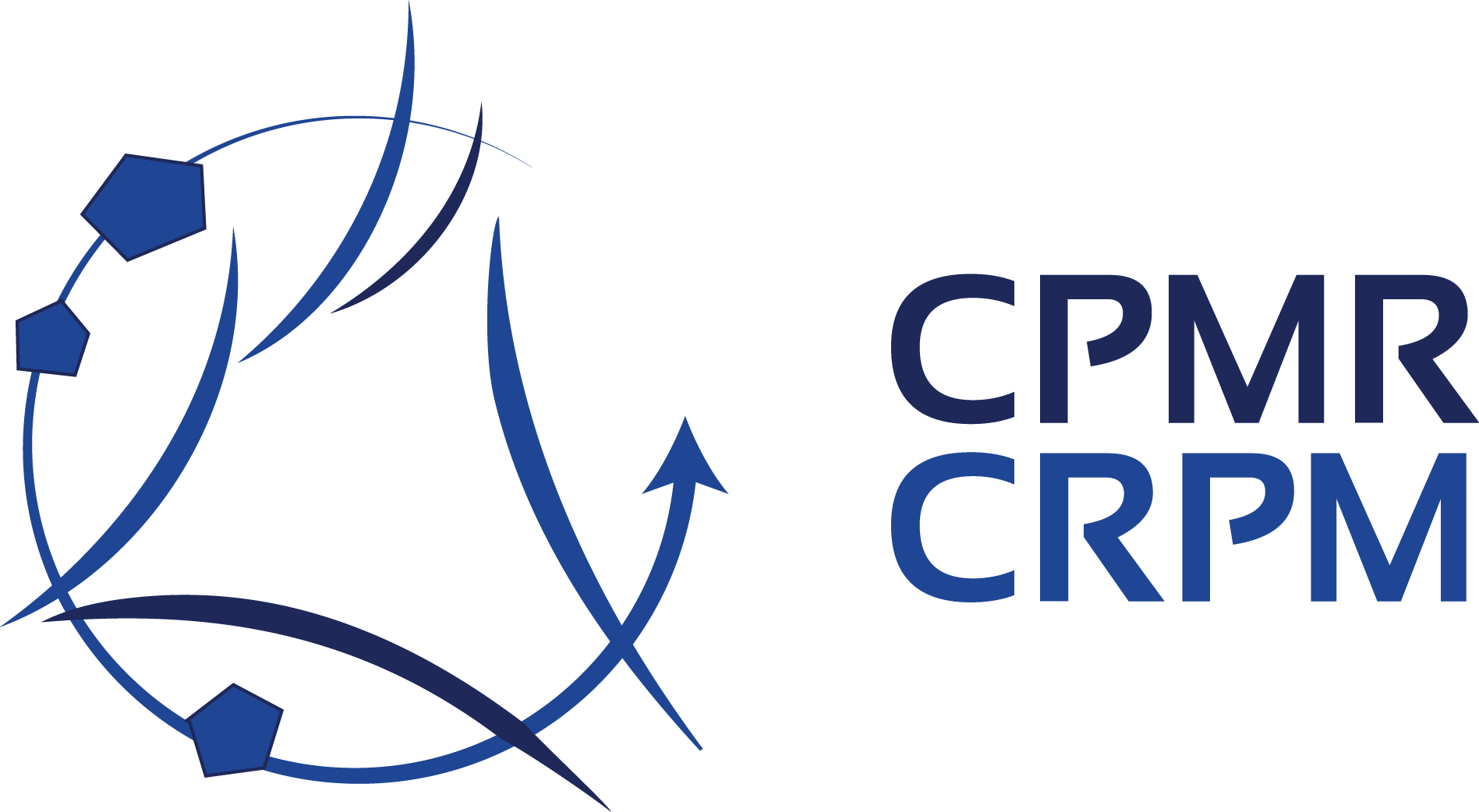Implementing the Circular Economy Action Plan in coastal and island regions: challenges and opportunities

Organised with the support of the Conference of Peripheral Maritime Regions
You can watch the recording of the conference HERE
The EU’s transition to a Circular Economy is essential to reduce pressure on natural resources, to achieve the EU’s 2050 climate neutrality target, to halt biodiversity loss and to create sustainable jobs. Analyses by the World Economic Forum and by the McArthur Foundation have shown that almost half of the total GhG we emit results from the creation of new products, and Circular Economy systems could help achieve up to 85% of climate goals.
The European Commission adopted the new Circular Economy Action Plan in March 2020 (the first one was adopted in 2015). The new action plan announces initiatives along the entire life cycle of products. It targets how products are designed, promotes circular economy processes, encourages sustainable consumption, and aims to ensure that waste is prevented, and the resources used are kept in the EU economy for as long as possible. It introduces legislative and non-legislative measures targeting areas where action at the EU level brings real added value.
For maritime sectors, such as fisheries and aquaculture, port activities, shipbuilding/repair and coastal tourism, a huge sustainability potential lies within circularity. Coastal regions are pushing for the implementation of circular solutions and can provide great input on the regional best practices developed so far and on the difficulties and loopholes encountered.
Hosted by SEArica Vice-Chair for SMEs and Digitalization MEP Josianne Cutajar, the event will have the following objectives:
- Stock-taking of the concrete implementation of the circular economy action plan in maritime sectors
- Identification of concrete actions to be put in place to help maritime and coastal regions implement the circular action plan
- Assessing the state of the play of the EC’s Action Plan, how can the EU Parliament contribute to the reflection?
You can watch the recording of the conference HERE
Event Properties
| Event Date | 01-04-2022 10:45 |
| Event End Date | 01-04-2022 12:30 |
| Categories | Conférence 2019-2024,Biodiversity and Ocean Literacy,Blue Economy, Maritime Industries and Ports |
| Attachment | SEArica_Agenda_Circular_Economy_300322.pdf |
What is an Intergroup?
The Seas, Rivers, Islands and Coastal Areas Intergroup is one of the 27 Intergroups that were approved on 11 December 2019 by the Conference of Presidents for the 9th legislature of the European Parliament. Intergroups can be formed by MEPs from any political group and any parliamentary committee with a view to holding informal exchanges of views on particular issues and promoting contact between MEPs and civil society.
The Seas, Rivers, Islands and Coastal Areas Intergroup brings together more than 100 MEPs from 7 different political groups and 23 Member States.
Intergroups are not Parliament bodies and therefore may not express Parliament's opinion.
Intergroups are subject to internal rules adopted by the Conference of Presidents on 16 December 1999 (last updated on 11 September 2014), which set out the conditions under which intergroups may be established at the beginning of each parliamentary term and their operating rules.










